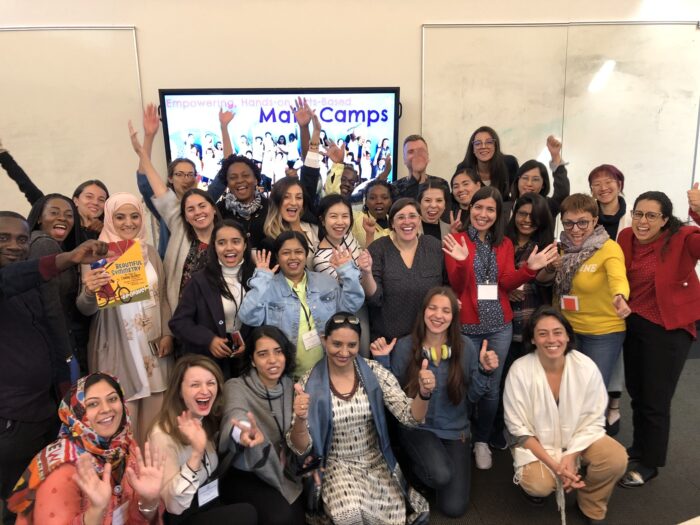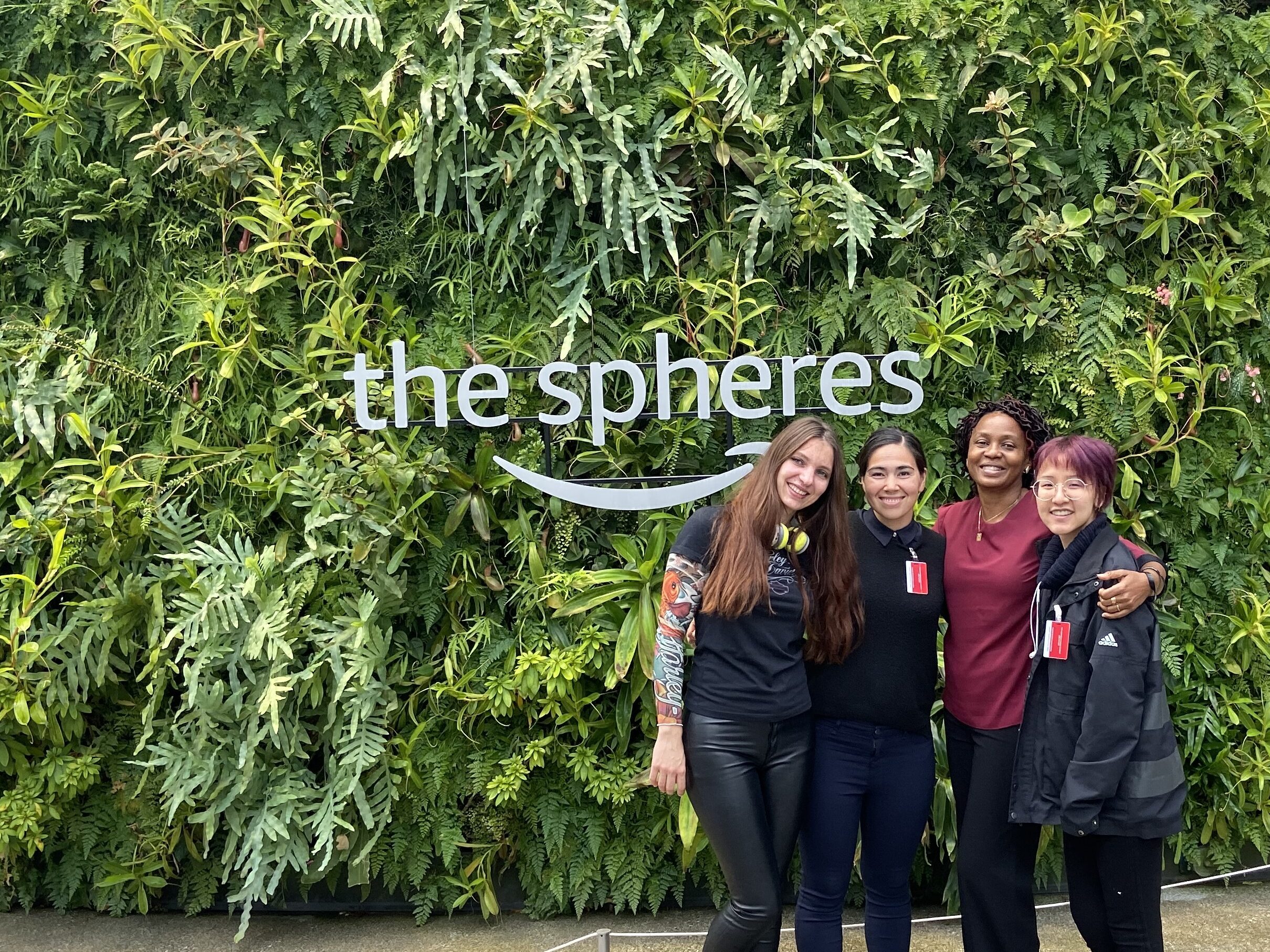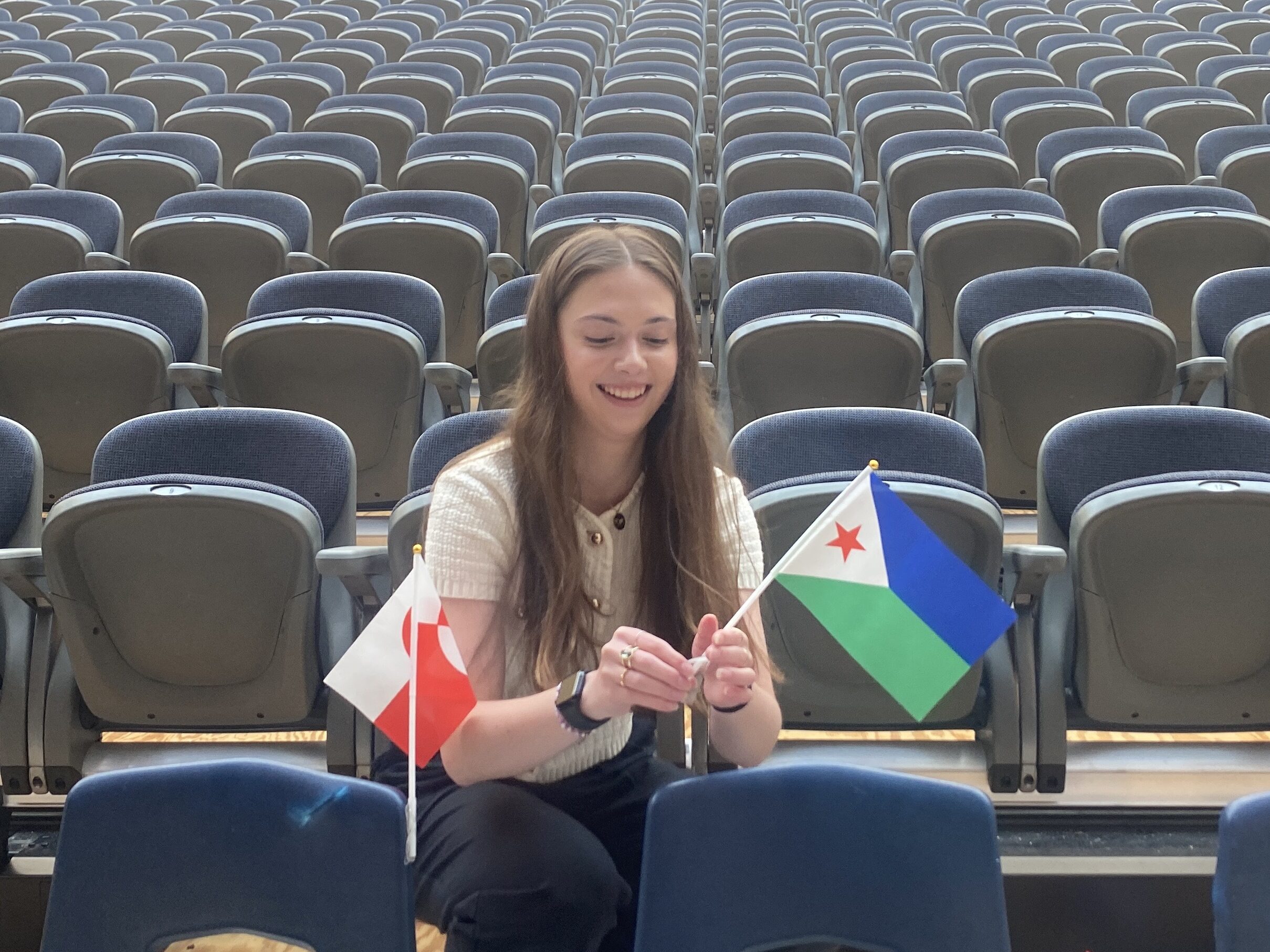Intern with the World Affairs Council!
The World Affairs Council seeks to provide interns and internship applicants an equitable, comprehensive, and consistent experience. The Council internship program offers a valuable opportunity to celebrate and uplift diverse perspectives among students and early-career professionals.
To apply, visit www.world-affairs.org/careers to find open positions.
We hope the resources below give you the information you need during the application process for a World Affairs Council internship. For any additional questions, please contact our Director of Operations, Magda Davis at mdavis@world-affairs.org.

TIMELINE
| Internship Term | Application Opens | Priority Deadline |
| Fall (Sept – Dec) | April 15 | May 15 |
| Winter (Jan – March) | September 15 | October 15 |
| Spring (March – May) | December 1 | January 31 |
| Sumer (June – September) | December 1 | January 31 |
APPLICATION PROCESS and ELIGIBILITY
What qualifications do you look for?
We evaluate applicants based on demonstrated interest in international relations and alignment with the World Affairs Council mission, which could look like major declaration, coursework, professional/volunteer/lived experience, etc. We also look for applicants who show that they are committed to working with diverse groups of people, possess strong communication skills, are able to take intiative, work well with others, and can problem-solve.
If you have the opportunity, join us for one of our in-person or virtual events! This is a great way to get a feel for the work of the Council.
How long is the internship?
All applicants must be available to intern for at least 6 months. You must be available at least 12-15 hours per week, across 2-3 days of your choosing.
Are internships only for students? What ages are you looking for?
Our internships are intended for anyone in the early stages of their career and we often have applicants from all backgrounds. Recent interns have included high school students, undergraduate students, graduate students, law students, recent graduates, and professionals looking for a career shift.
Is this a paid opportunity?
Our internships are unpaid, but we will work with you to get approval for class credit. We also will prioritize making your internship valuable through experience, networking opportunities, and hands-on projects.
Do I need to be a U.S. citizen?
No. Because our unpaid internships are volunteer opportunities, applicants do not need to be citizens or have authorization to work in the United States.

INTERNSHIP DETAILS
Can I work remotely?
In-person work is preferred due to the nature of our programs, however we can support a hybrid schedule.
What are the hours?
Most of our internships are part-time and our office operates during business hours, Monday-Friday 9am-5pm. Interns are expected anywhere from 12-20 hours per week. Once selected for your internship, you will work with your supervisor to create a weekly work schedule that works for you both.
What is the start date?
Internships will start in January for winter internships, March/April for spring internships, May/June for summer internships, and August/September for fall internships. Your specific start and end dates are flexible and can be tailored to meet your schedule.
What does a day in the life of an intern look like?
It depends on the program!
Community Programs and Fellows Program intern tasks will be heavily research-focused. These programs require a high level of public policy and current events research and writing on a range of global topics in order to create comprehensive reports that serve as moderator preparation for our events. This is a great way to turn academic research and writing skills into a professional product.
Global Classroom projects will be similarly focused on research and writing. Teacher training workshops require in-depth curriculum guides that provide educators with background information, resources, and activities on a range of global topics.
Global Leadership Exchange interns will assist staff in arranging meetings and logistics for visiting international youth and professionals, alongside work in communications and marketing. These tasks include drafting and posting to our online blog, drafting posts for social media, researching our partners in the community, and brainstorming new ways to tell and share our stories with the public.
Communications and development work involves projects in our customer database (also known as CRM) Salesforce, drafting and posting web content and newsletters, and supporting communication with high-level members and donors.

SCHOLARSHIPS and RESOURCES
University of Washington students:
- www.careers.uw.edu/scholarship-for-unpaid-internships
- www.cele.uw.edu/programs/undergraduate-community-based-internships-ucbi/
- www.jsis.washington.edu/advise/funding/internship-scholarships
Not a UW student?
We recommend speaking with your major advisor for potential school-based funding. You may also consider contacting your local Rotary Club or similar community organizations.